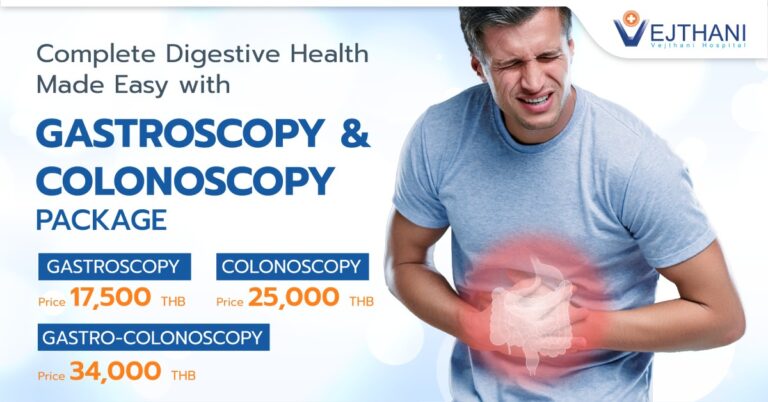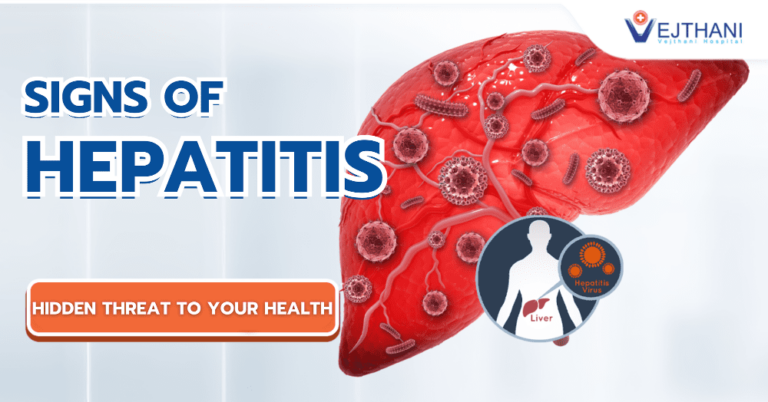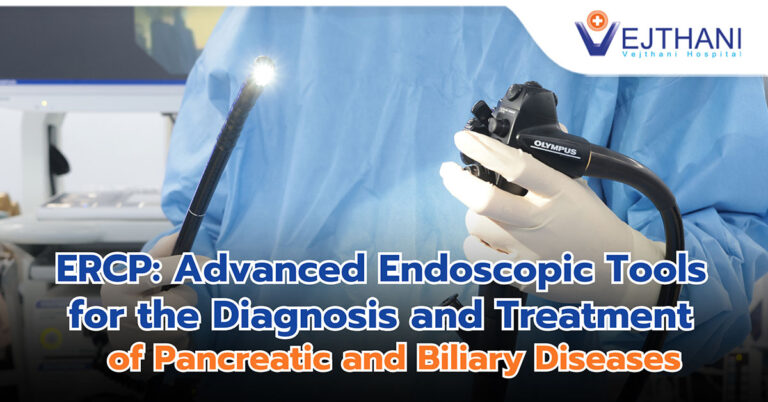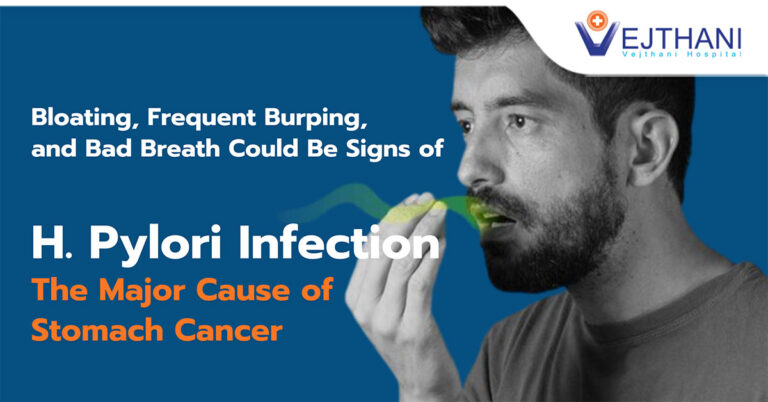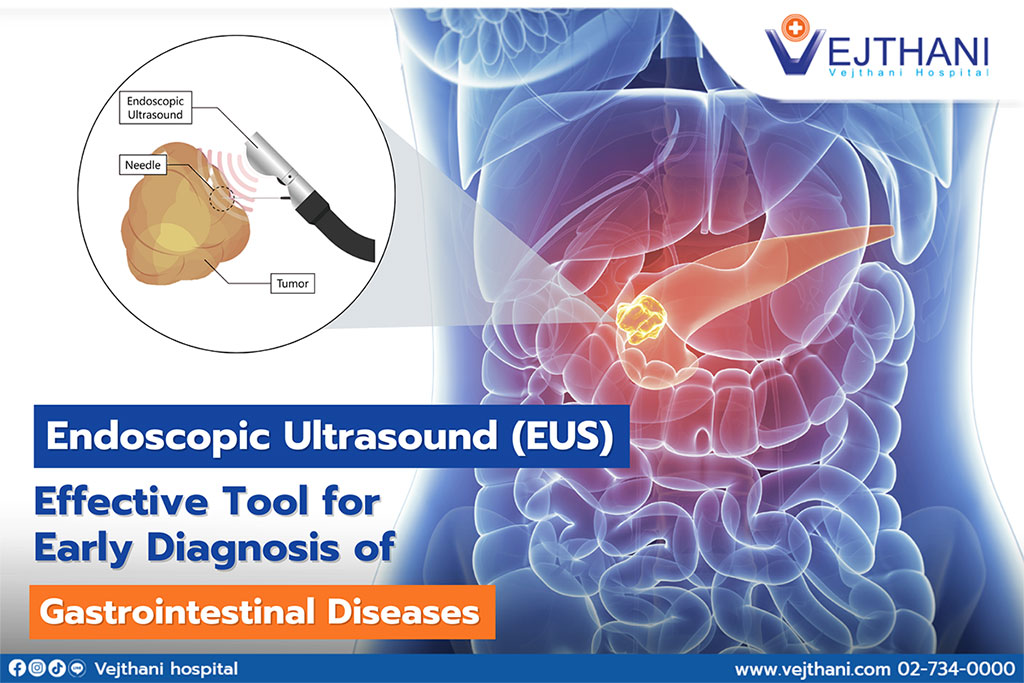

What is Endoscopic Ultrasound (EUS)?
Endoscopic ultrasound is a minimally invasive procedure performed by a gastroenterologist, who uses a combination of endoscopy and ultrasound to generate detailed internal images of the digestive tract and surrounding tissues, including the esophagus, stomach, duodenum, pancreas, and nearby lymph nodes.
Why do I need an EUS? – Indications of EUS
- Diagnostic EUS
- Evaluation of pancreatic disease
- Pancreatic cysts, masses
- Chronic pancreatitis
- Evaluation of bile ducts, gallbladder and liver
- Masses, cysts, tumors, and bile duct stones
- Local-regional staging of gastrointestinal malignancy
- Esophageal, stomach, small bowel, rectal cancers
- Ampullar and duodenal adenomas
- Pancreatic cancer
- Determination of the origin of submucosal lesions of the gastrointestinal tract
- Tissue diagnosis using Fine needle biopsy (FNB) for extraluminal lesions and/or lymph nodes
- Evaluation of pancreatic disease
- Therapeutic EUS
- Biliary, pancreatic duct, gallbladder drainage: EUS-guided drainage
- Gastric outlet obstruction: EUS-guided gastroenterostomy
- Abdominal pain management: Celiac plexus block and neurolysis
- Drainage of pancreatic fluid collections
- Alternative treatment in pancreatic mass, neuroendocrine tumor: EUS-guided radiofrequency ablation
Safety of EUS
Endoscopic ultrasound (EUS) is very safe and has few risks when performed by gastroenterologists specially trained in this procedure.
- Bleeding, perforation, pancreatitis
- Anesthesia-related adverse event: aspiration, allergy
Preparing for an EUS
Essential steps are required to prepare for a safe EUS procedure. These are general instructions. Be sure to follow any instructions given to you by your doctor.
Pre-procedural planning
- Anesthesia preprocedural assessment
- Anticoagulants and other medication review
- Laboratory tests and imaging
- Consent: Doctor informs about the details of the procedure, its benefits, and risks
- Eating plan before procedure
- Do not eat any solid food after midnight the night before your test.
- Do not drink any liquids or water for three hours before your test.
- Due to the sedative medication given, you should refrain from driving, working, or making important decisions after the test.
Post-preprocedural care
- Recovery room: After the procedure, you will be monitored in a recovery room until the effects of the medicine subside and you become more alert.
- Due to the sedative medication given, you should refrain from driving, working, or making important decisions after the test.
- Dietary advice: Start with clear liquids initially and progress to a regular diet as tolerated.
For more information, please contact
Gastroenterology and Hepatology Center, Vejthani Hospital
Call: (+66)2-734-0000 Ext. 2960, 2961
English Hotline: (+66)85-223-8888
- Readers Rating
- Rated 5 stars
5 / 5 ( Reviewers) - Spectacular
- Your Rating






















